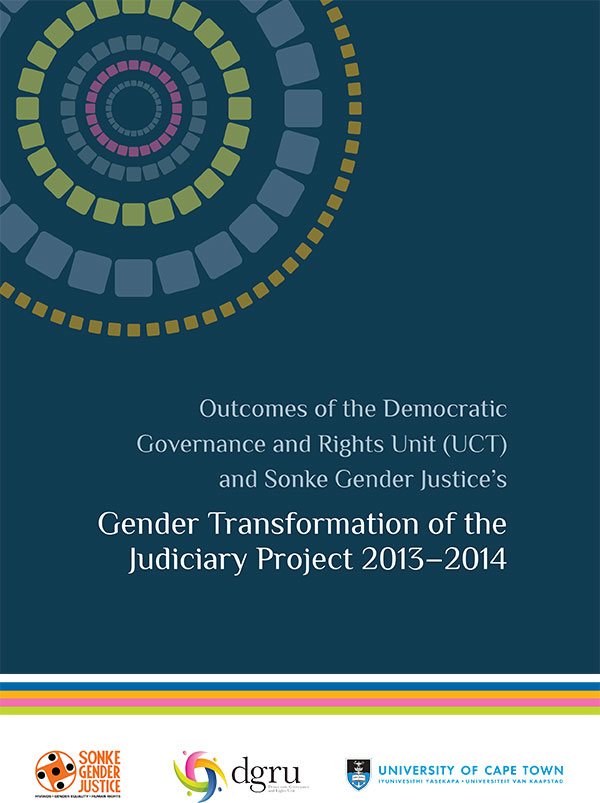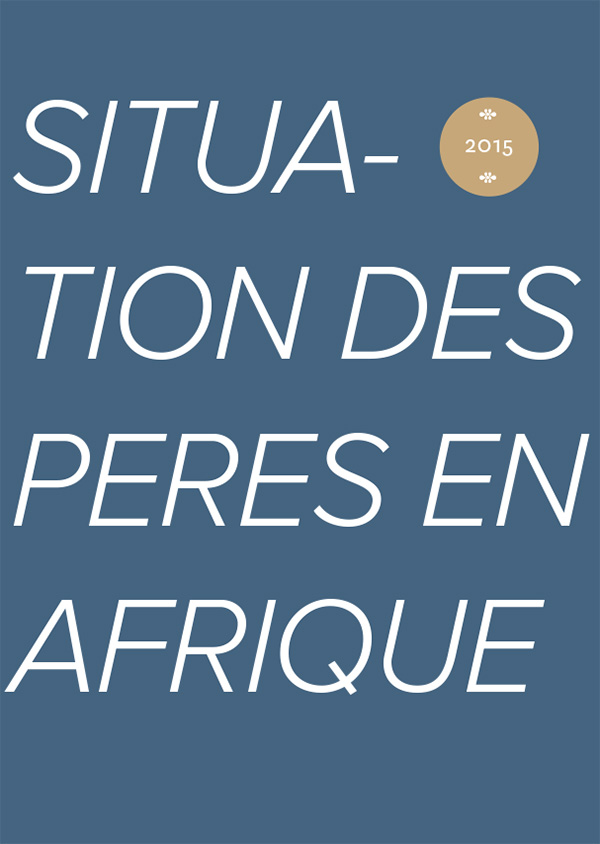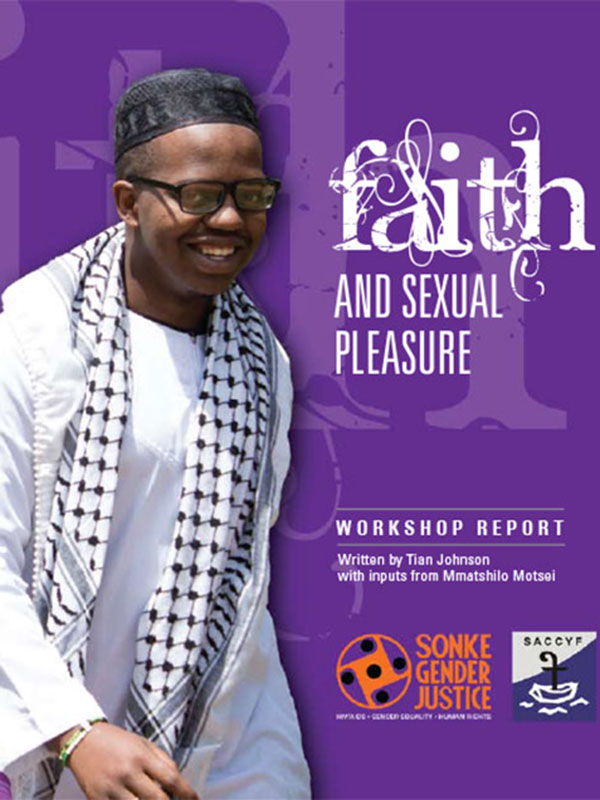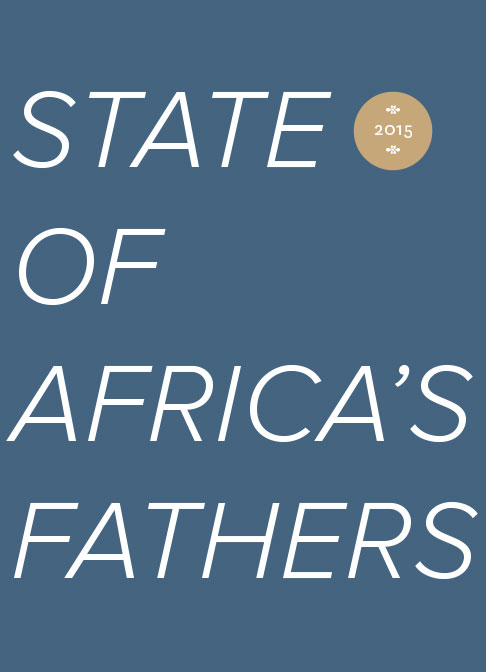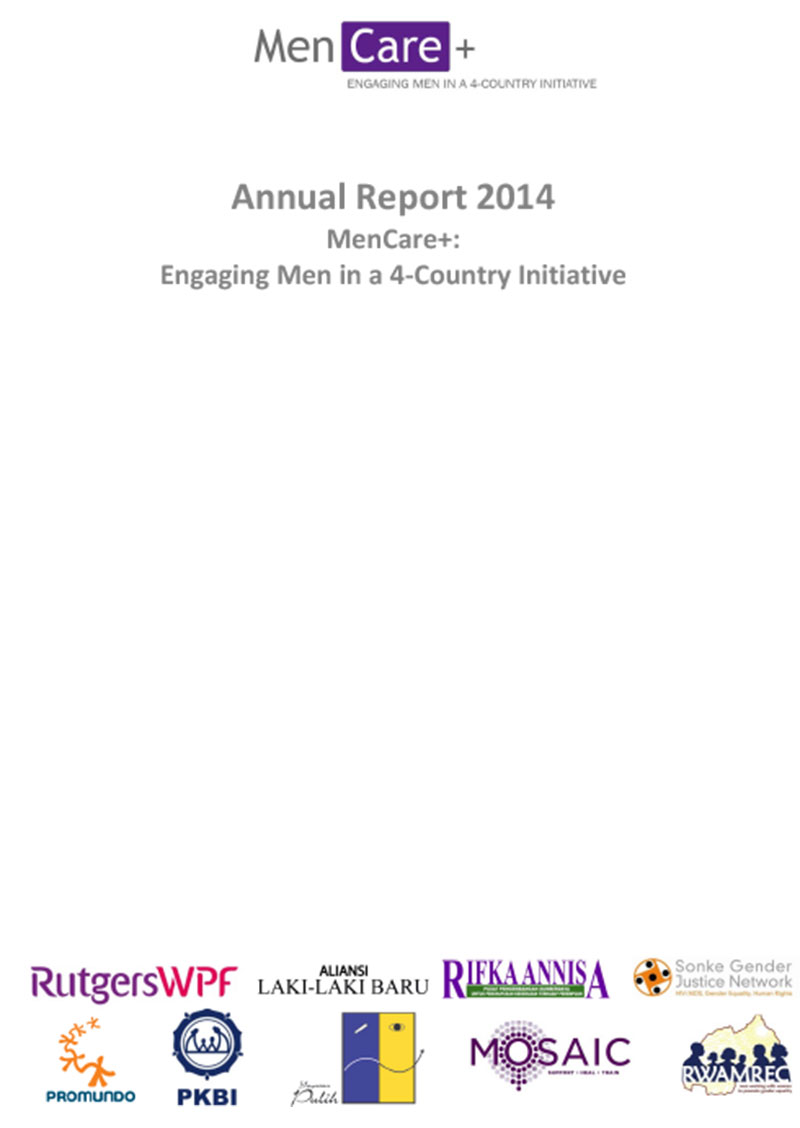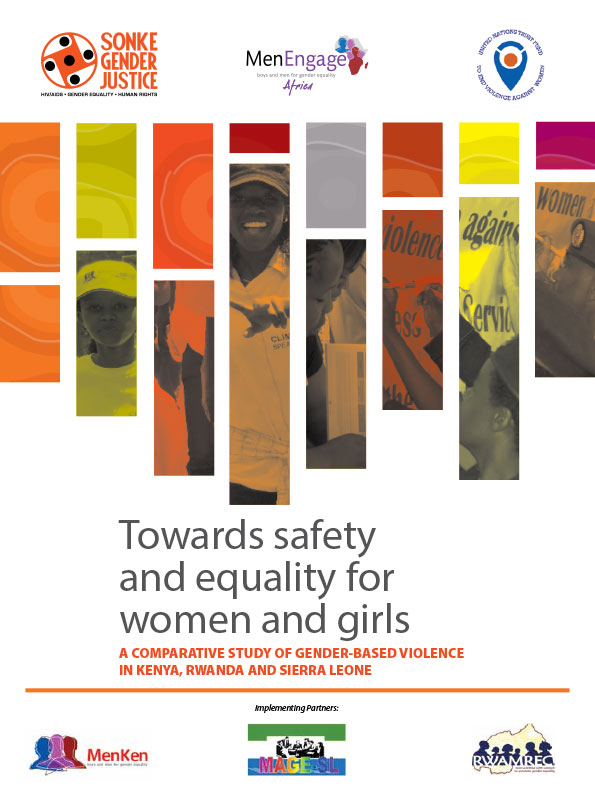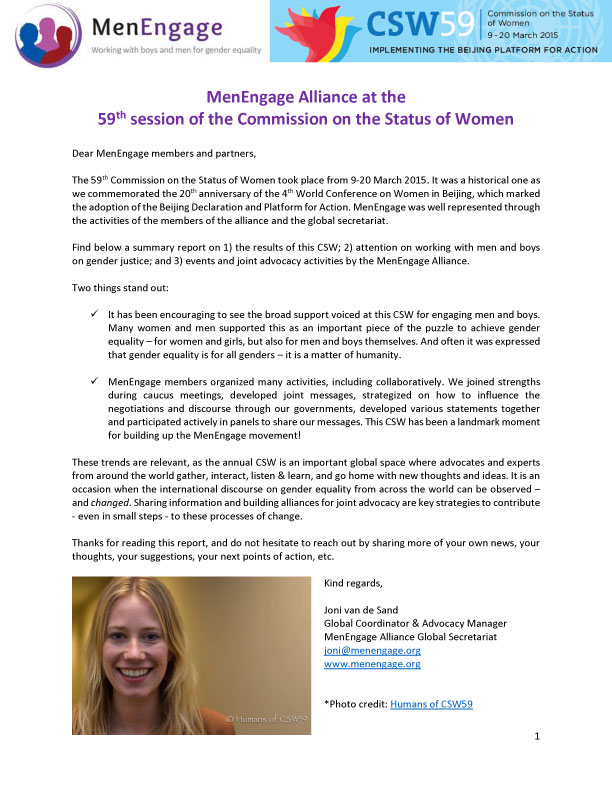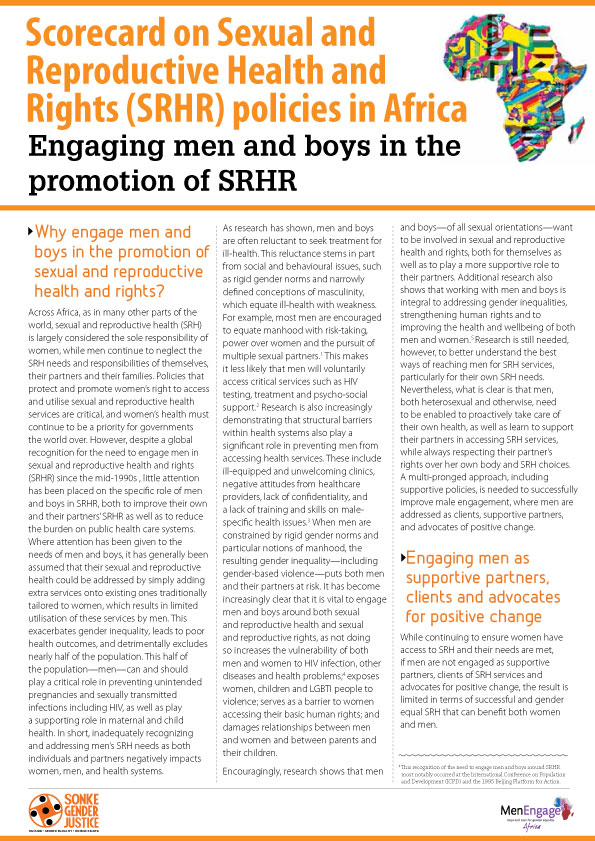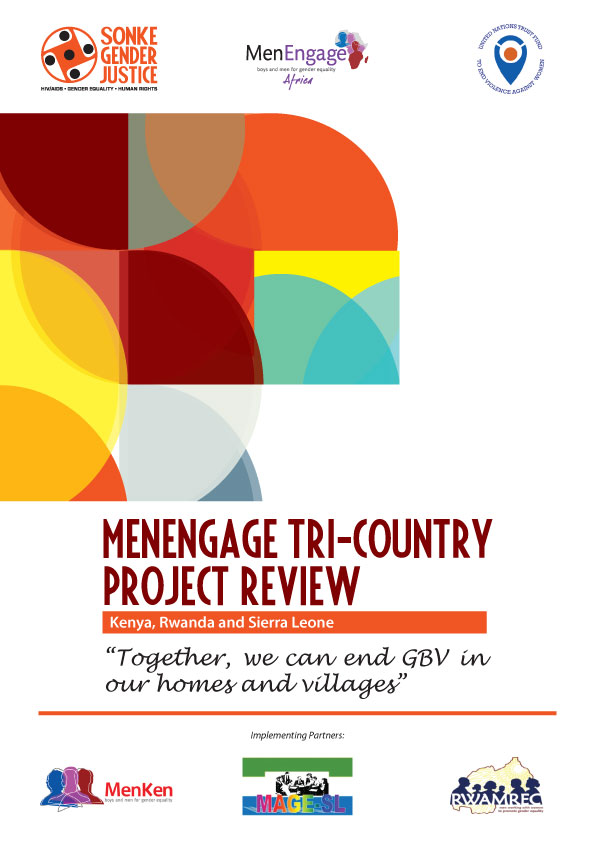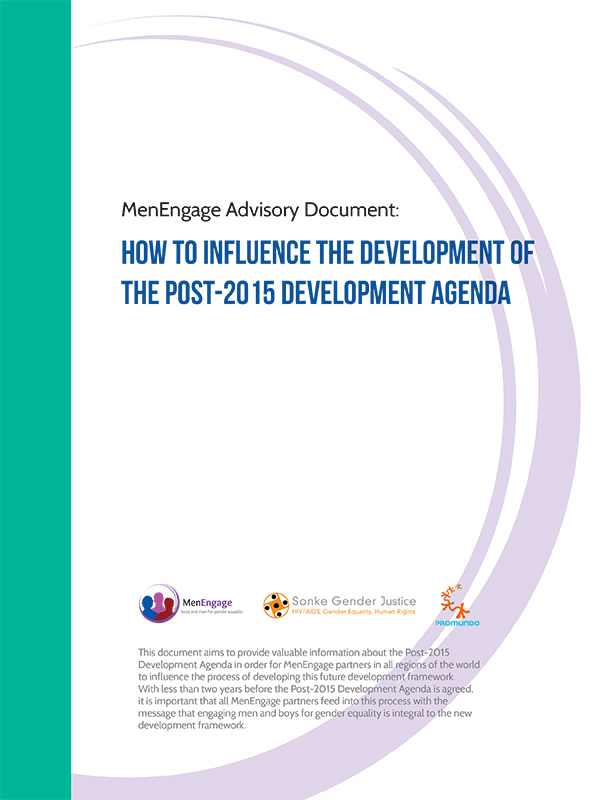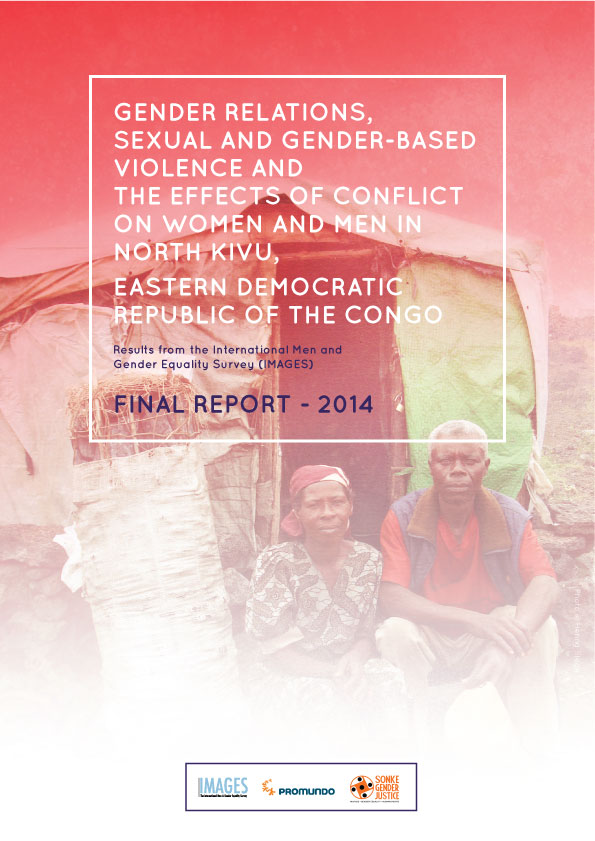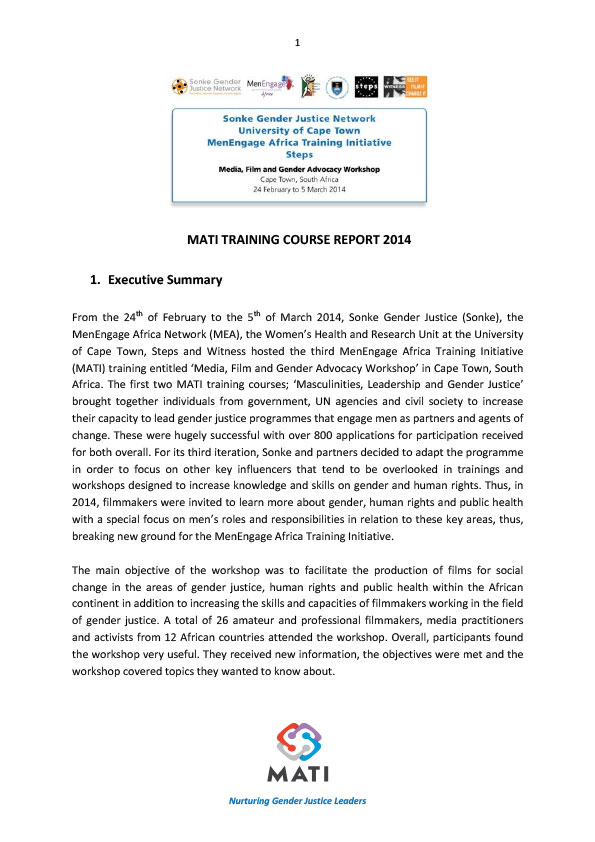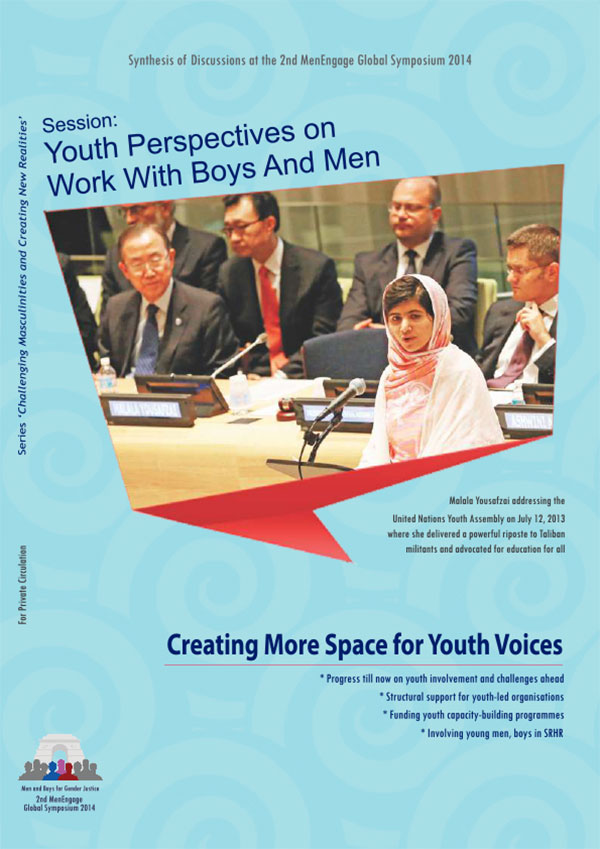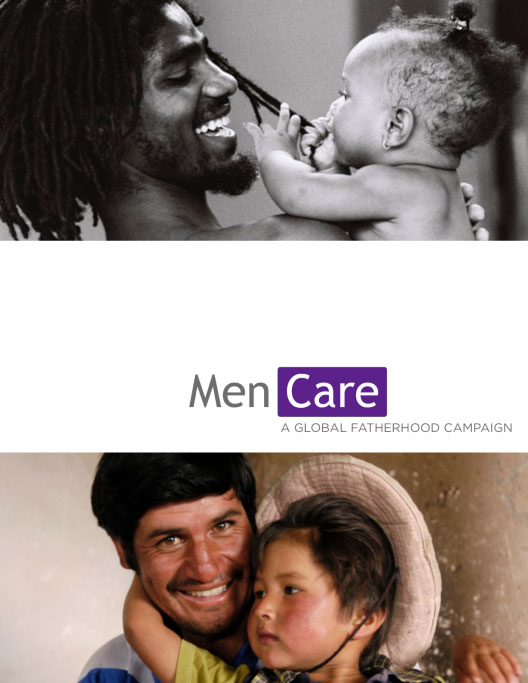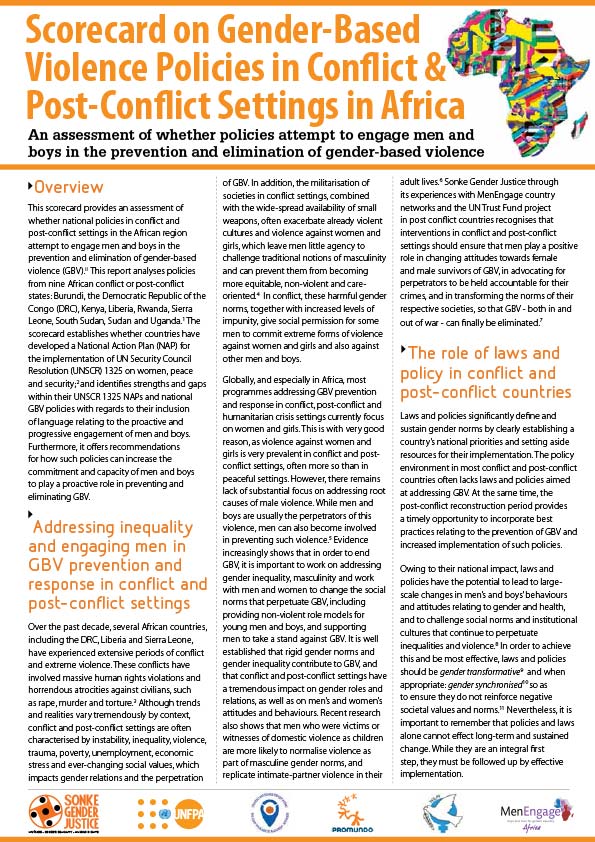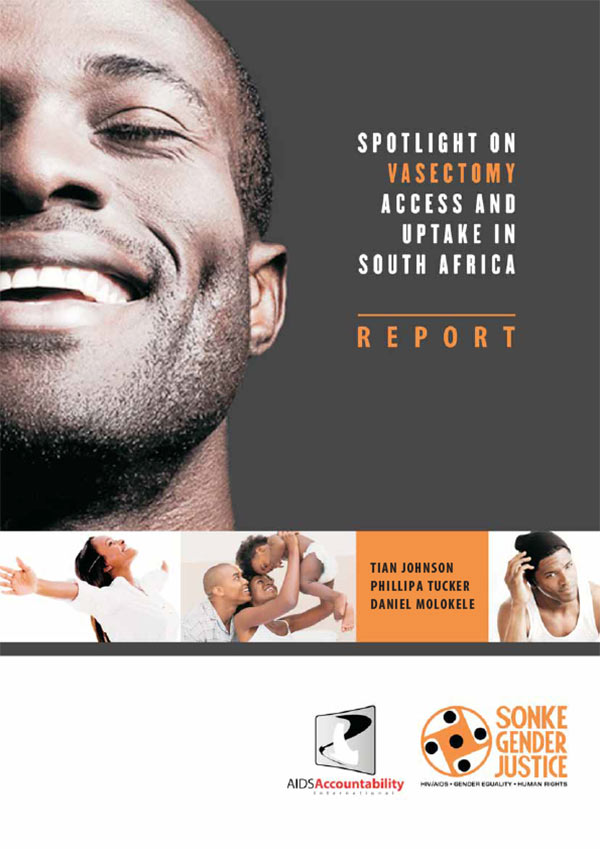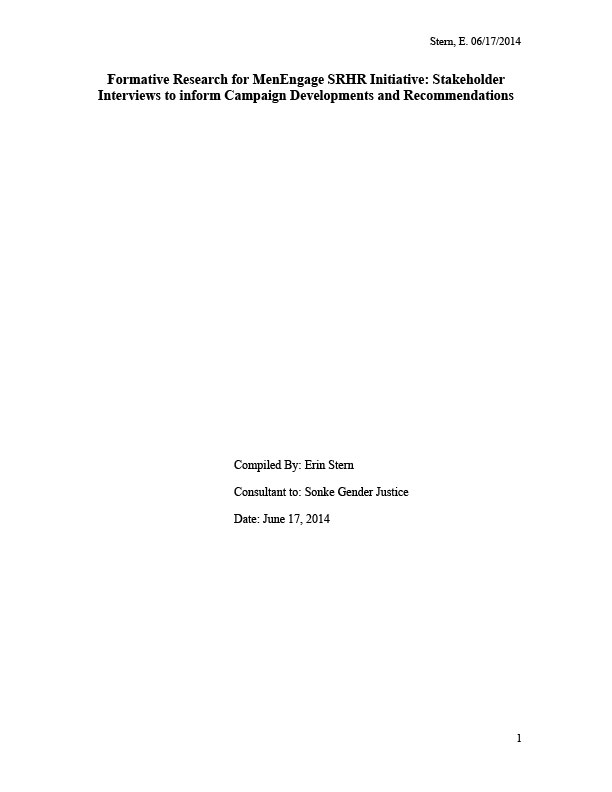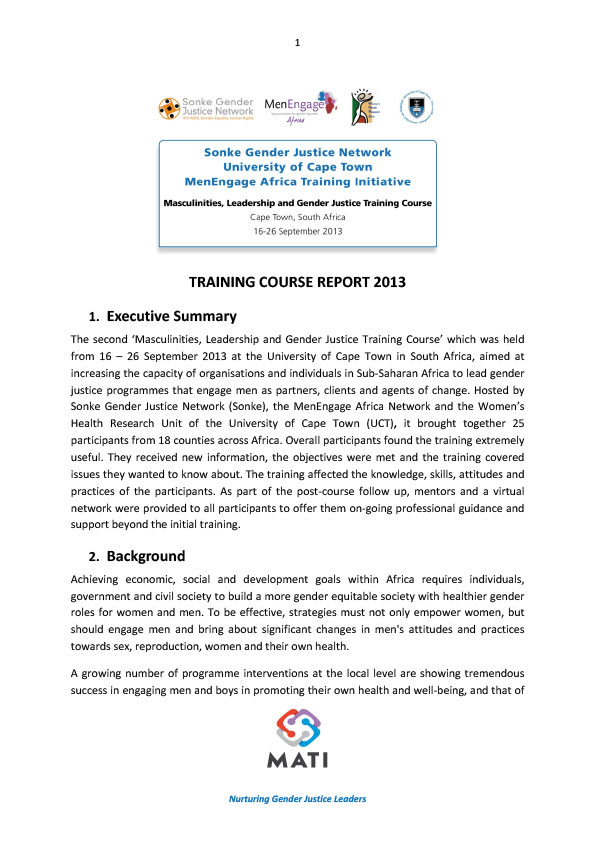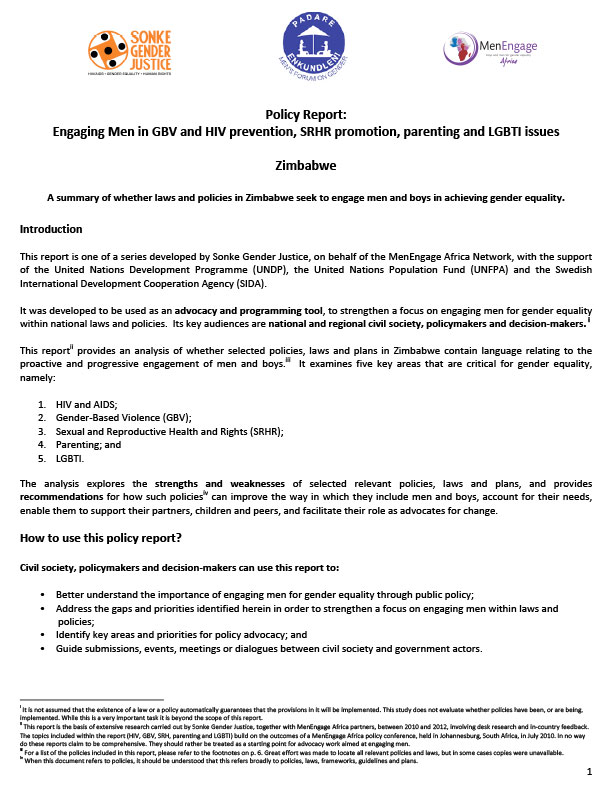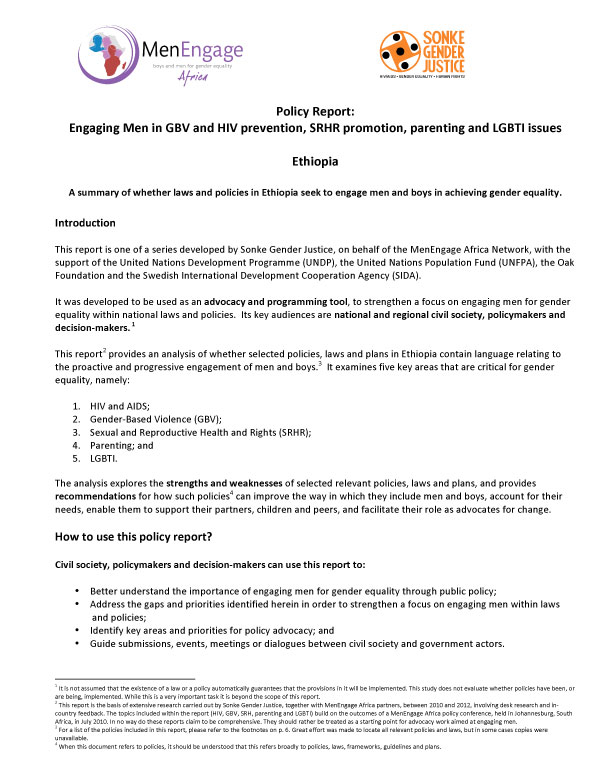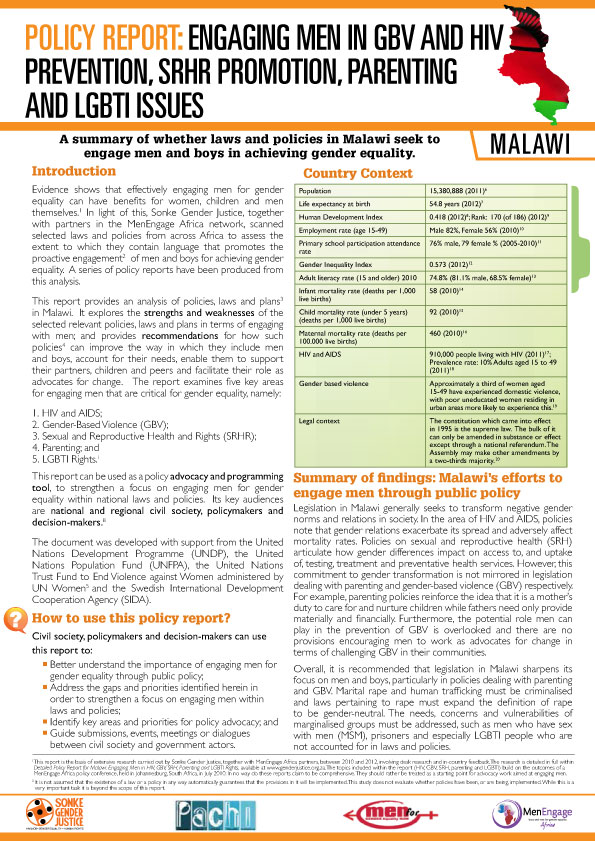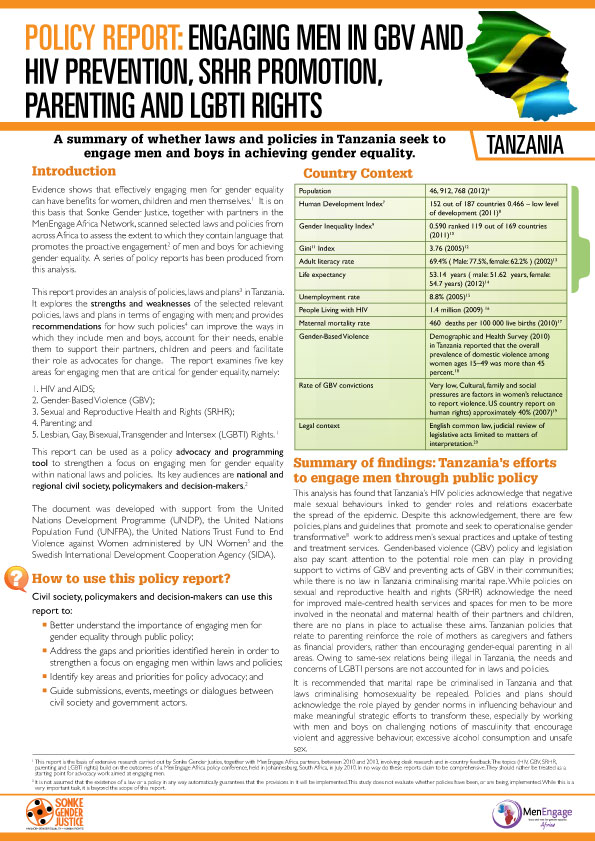Comme pour toute jeune fille, mon père a eu une grande influence dans ma vie. Avec ma mère, il m’a inculqué le sens de la responsabilité sociale, de la justice sociale et m’a donné la ferme conviction que chaque personne a de la valeur. Comme lui, je suis devenue enseignante et, à partir de là, je suis entrée dans le service civique et communautaire. C’est avec le soutien de mon père que j’ai eu le courage d’entrer en politique et de travailler avec les autres pour mettre fin à l’apartheid, promouvoir la justice sociale et plaider pour l’égalité des droits pour tous.
Je sais donc par expérience que les pères peuvent jouer un rôle essentiel dans l’autonomisation des femmes et dans la promotion de l’égalité des sexes. Ce n’est pas uniquement parce que la plupart des hommes veulent voir leurs filles grandir dans un monde qui leur offre les mêmes chances qu’à leurs fils, c’est aussi parce que les pères qui ont des attitudes plus soucieuses d’équité entre les sexes sont plus susceptibles de transmettre ces valeurs à leurs enfants, leurs familles et leurs communautés. La promotion de l’égalité des sexes dans le ménage, en particulier concernant le rôle parental, est une étape clé pour établir les bases de l’égalité des sexes dans la société de manière plus générale.
Le rapport sur la Situation des pères dans le monde confirme ce fait important par des données et des exemples qui couvrent tous les continents et toutes les couches socioéconomiques. Le rapport comble une lacune très importante en examinant le rôle des hommes dans la prise en charge des soins et les travaux ménagers. Il plaide fortement pour la nécessité du changement dans nos sociétés, les services publics et dans nos attitudes face à la paternité et à l’éducation des enfants.
La réalisation de l’égalité des sexes passe par une reconfiguration des rapports de force. Cela inclut notamment de redéfinir nos perceptions profondément enracinées de la masculinité et de la paternité. Les pères peuvent aider à briser le cycle de la violence et de la discrimination envers les femmes en proposant des modèles de comportements non violents et en inculquant des valeurs d’égalité, de respect de la diversité, d’empathie et des droits humains pour la prochaine génération. Ils peuvent agir en toute confiance comme pourvoyeurs de soins, tant aux enfants qu’aux personnes âgées, et peuvent fournir un investissement égal dans les tâches ménagères et les besoins du ménage.
Lorsque les hommes assument plus de responsabilités en matière de soins, cela permet aux femmes de trouver un travail rémunéré hors de la maison, d’améliorer leur santé et leur éducation, et d’assumer des rôles de leader. C’est une bonne chose pour tout le monde : les femmes et les filles, les hommes et les garçons. L’égalité des sexes renforce aussi les communautés grâce à de meilleurs résultats d’éducation, une meilleure santé et une plus grande prospérité économique pour les familles et les sociétés.
